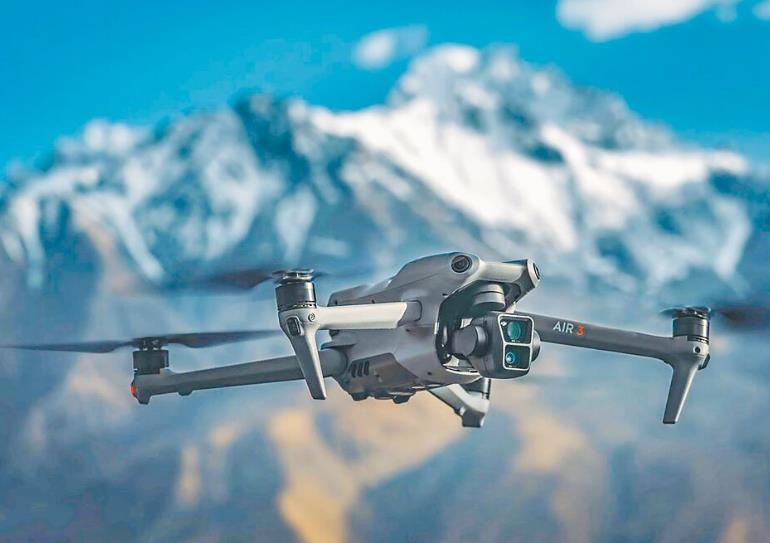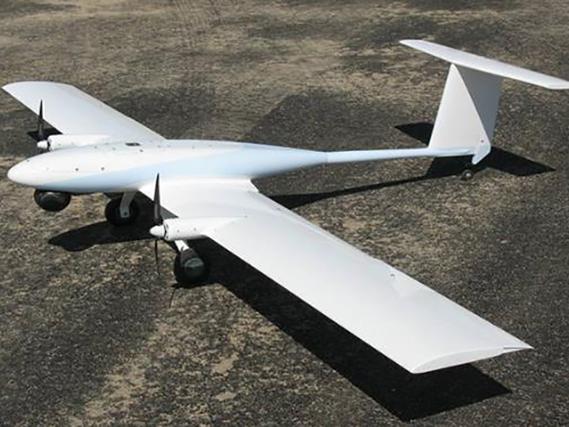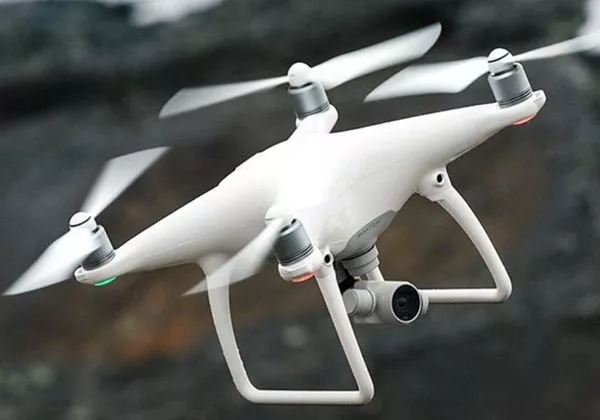Navigating the complex world of obtaining your FAA drone pilot license can be daunting, but with the right information, it’s an achievable goal. The Federal Aviation Administration (FAA) has laid down clear guidelines for those individuals aspiring to become certified drone pilots within the United States. Whether you’re pursuing this license for recreational or commercial purposes, understanding the process is crucial to your success.
Understanding the FAA’s Drone Pilot Certification Process
To obtain your FAA drone pilot license, also known as the Remote Pilot Certificate, you must adhere to several necessary steps. First, familiarity with Part 107, the Small UAS Rule, is essential. Part 107 outlines the standards and regulations governing the use of drones in the national airspace, and complying with these rules ensures safe and legal operations.
Eligibility Criteria
Certain prerequisites must be met to qualify for your FAA drone pilot certification. Primarily, you must be 16 years or older and fluent in English, with the capability to understand, write, speak, and read the language. You will also need a physical and mental condition that permits safe drone operation.
Register Your Drone
Before you fly, FAA mandates that drones weighing more than 0.55 pounds need to be registered. This step legally permits you to operate your drone within FAA guidelines. Registration is an uncomplicated process that can be completed online through the FAADroneZone portal.

The Aeronautical Knowledge Test
The Aeronautical Knowledge Test is a vital component in acquiring your FAA drone pilot license. This exam covers various aspects such as airspace classification, weather, drone operations, and emergency procedures, ensuring potential pilots are prepared for real-world situations.

- The test is taken at an approved Knowledge Testing Center.
- It comprises 60 multiple-choice questions and requires a passing score of 70%.
- Upon passing, pilots gain an understanding of maintaining safety standards during drone operations.

Prepare adequately by studying FAA’s resources and practice through additional online platforms that offer mock tests and study materials.
Security Background Check
Once you complete and pass the Aeronautical Knowledge Test, the journey toward your FAA drone pilot license includes a TSA security background check. This step, integral for national security, helps ensure the responsible use of drones within U.S. airspace.
Post-Certification Responsibilities
Acquiring your FAA drone pilot license is merely the beginning. Ensuring compliance with ongoing FAA regulations and adhering to safe flying practices are continuous responsibilities for drone pilots. Staying updated with FAA changes, industry advancements, and local laws where you operate is crucial.
Renew Your Certification
Your FAA drone pilot license requires renewal every 24 months, necessitating you to retake the Aeronautical Knowledge Test. This ensures that pilots remain current with federal regulations and optimal drone operation knowledge.
FAQs
What is the Cost of the FAA Drone License Test?
The standard fee for taking the Aeronautical Knowledge Test is approximately $160, which is paid directly at the testing center.
How Long Does it Take to Get Certified?
The process varies, but typically upon passing the test, receiving clearance from TSA usually takes around 6-8 weeks.
Can I Fly My Drone Anywhere with This License?
While the FAA drone pilot license allows nationwide operation, it’s essential to respect no-fly zones such as near airports and national parks, as local laws may impose additional restrictions.
